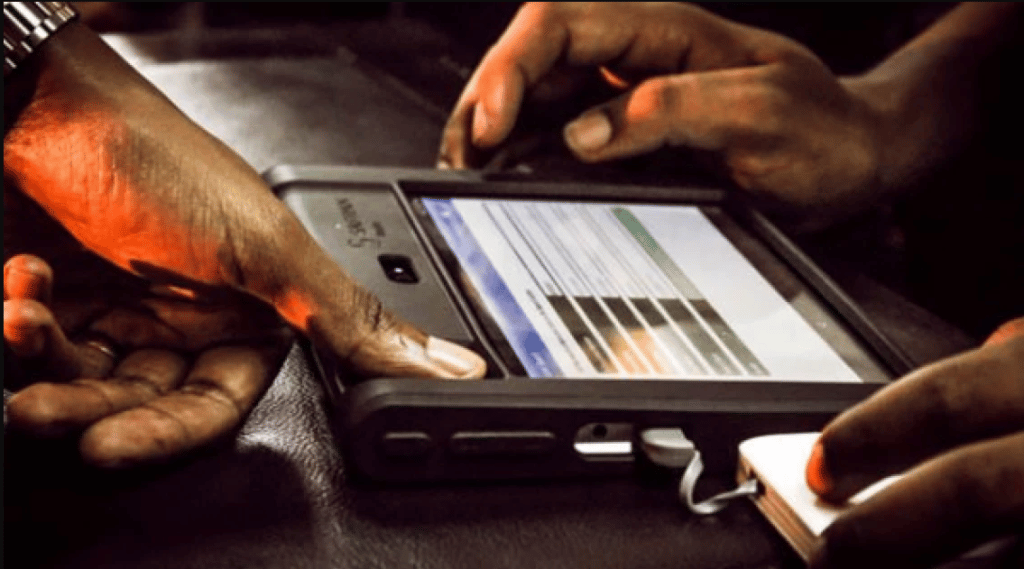Kenyan election’s poll-day success belies suspicion of Smartmatic biometric voter kits
Ahead of a court challenge of the results of Kenya’s recent election, African publication The Elephant examined the role of the biometric voter verification kits from voting system-maker Smartmatic and allegations of impropriety around its receipt of the contract.
The Independent Electoral and Boundaries Commission (IEBC) selected Smartmatic to provide 14,100 Kenya Integrated Elections Management System (KIEMS) kits to supplement some 41,000 kits provided originally for the 2017 election by Idemia.
The election came off with scattered reports of KIEMS-related failures, totaling around 200 of the total number of around 46,000 biometric kits deployed. Local and international observers are praising the handling of the vote itself as relatively free of errors and irregularities, particularly compared to past votes. A court challenge of the results filed by Raila Odinga alleges wrongdoing in the tabulation of votes.
The Elephant notes that the Idemia-supplied KIEMS kits cost approximately 4.3 billion Kenyan shillings, or roughly US$887 each at exchange rates. The Smartmatic kits cost approximately KES 3.2 billion ($26.7 million), or roughly $1,890 each.
The publication then delves into the ownership structure of Smartmatic, pointing out that three independent directors have left the board of SGO Corporation Limited, the holding company which owns 83 percent of Smartmatic, since August, 2017, leaving only SGO co-founders Antonio Mugica and Roger Piñate. Mugica and Piñate are also the co-founders and operators of Smartmatic, which The Elephant suggests makes the presence of independent directors important.
Smartmatic Director of Integrated Communications Samira Saba told Biometric Update in an email that the company has “a robust corporate structure that allows us to serve clients efficiently all over the world, from Kenya to Estonia, and from Los Angeles to the Philippines.
The Elephant also reports that three employees of a Smartmatic subsidiary who are Venezuelan nationals residing in Panama were arrested entering the country in July. Although the arrest appears not to have resulted in any charges, it combined with a refusal by Smartmatic and the IEBC to name the company’s Kenyan partner to create an impression of inadequate transparency, at least to the Elephant.
The report reflects the troubled recent history of Kenyan elections, including allegations of wrongdoing by previous contractors. Smartmatic told the Elephant that it does not own or copy any voter data, and that is has abided by all relevant regulations and statutes.







